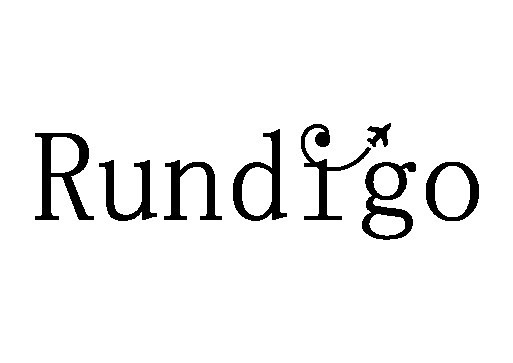In my review of Embracing Defeat by John Dower, I mention the acclaimed post-WWII Japanese author, Ango Sakaguchi, and his essay, titled "Discourse on Decadence". Its main idea is the nonexistence of an universal morality as opposed to the once-conventional "Yamato spirit" morality. He observes that reality is found in the truest embrace of oneself -- the individual who must scavenge, steal, lie, and sell recycled cigarette butts in order to survive -- as opposed to the "kamikaze hero" -- the individual who dedicates oneself to a higher ideal. It is the same reality that allows one to realize their baseness of self. From which, one faces an the opportunity to organically form genuine character. I believe Sakaguchi's contrast between a top-down society with a constructed higher ideal and a bottom-up society where individuals can choose their ideal(s) is notable not because of its outcome. Rather, it is in discourse where we may glean the most value. I believe such ideas are rather important today as we navigate a more complex world.
No matter how I look at it, the conventional definition of decadence just does not seem to make sense. I think it is quite paradoxical how decadence is, by definition, bad, yet we ascribe it to good things in normal use. For example, when we say "This chocolate cake is so decadent.", it is a positive sentiment. Yet, decadence means a moral decline after some peak achievement. Perhaps, it is the act of eating which destroys the well-crafted cake that is an enactment of a declining moment. But, would not one do anything but eat the chocolate cake?
